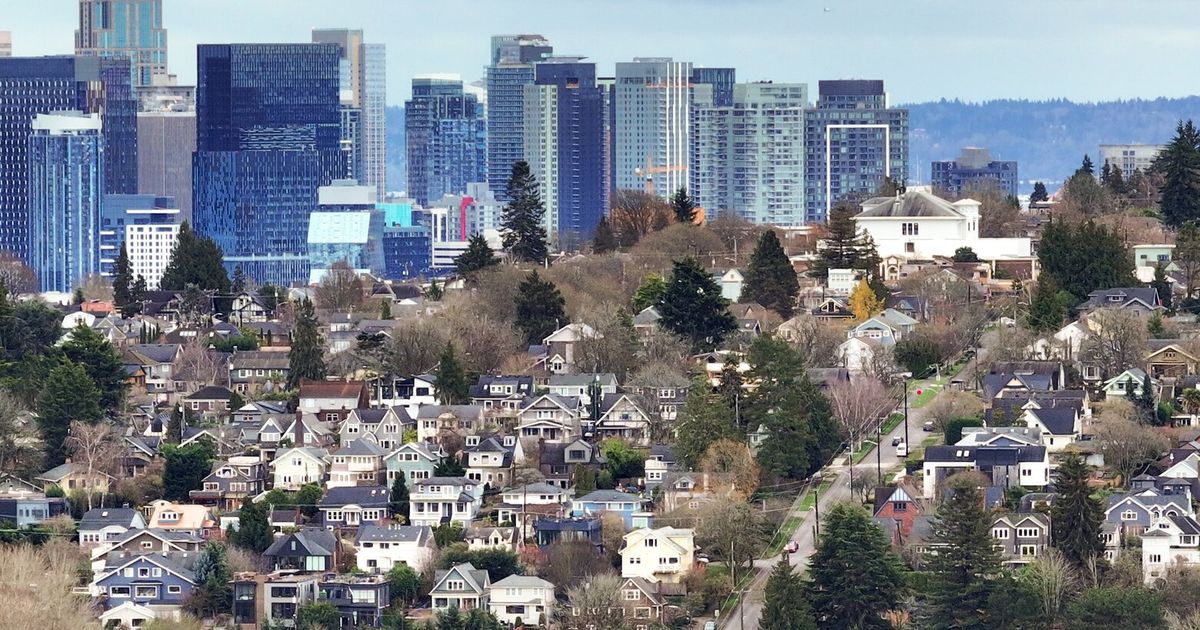T
he real estate market is on the cusp of significant changes, with experts predicting a shift in buyer behavior and market dynamics. One key trend is the expected decline in home prices, particularly in late 2024, due to higher inventory levels and falling mortgage rates.
Experts forecast that home prices will ease as we move into the latter part of 2024, driven by rising inventory levels that create more balance between supply and demand. This, combined with declining mortgage rates, is expected to restore purchasing power for many buyers who have been sidelined by previous high rates.
The dynamics of supply and demand are also set to change, with a significant increase in new single-family home construction leading to growing inventory, particularly in suburban and rural areas. This influx of new supply may aid in stabilizing prices and fostering a more balanced real estate environment.
Advancements in technology will continue to redefine how real estate transactions are made and experienced. Tools such as virtual reality home tours, automated property assessments using AI, and blockchain technology for secure transactions will become more prevalent, creating a smoother experience for buyers and sellers.
Sustainability is also becoming a crucial theme in the future of the real estate market, with eco-friendly developments gaining traction and consumers increasingly looking for properties that align with their values regarding sustainability and wellness. Buyers are seeking homes that not only provide comfort and style but also align with environmentally responsible practices.
The lasting effects of the COVID-19 pandemic on work culture have significantly influenced residential preferences, with individuals moving away from densely populated urban areas to more spacious suburban and rural environments. This shift in demand will alter market dynamics, prompting developers to consider new locations and types of housing that cater to this emerging preference.
As different generations progress in their careers and lifestyles, there is a notable shift in buyer demographics, with millennials and Gen Z becoming a significant force in the housing market. Understanding these demographic shifts will be critical for investors and developers looking to meet the needs of tomorrow's buyers.
The overall economic climate will also play a significant role in shaping the future of the real estate market, with home lending rates and market responsiveness influenced by inflationary environments and Federal Reserve policies.













